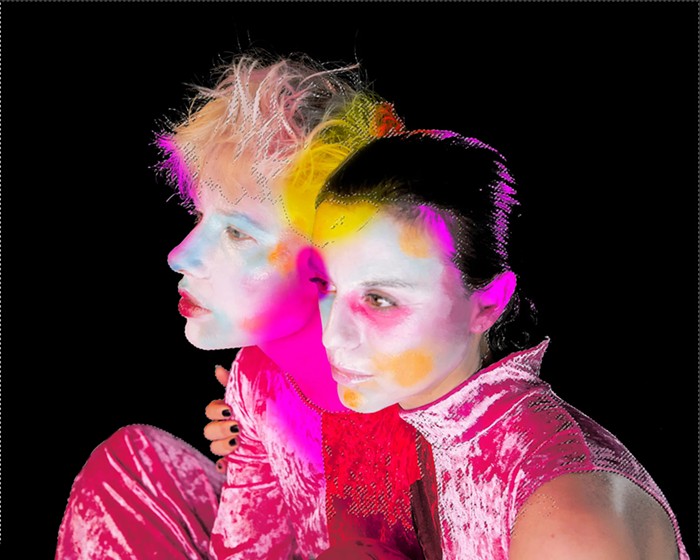
Ben Gibbard has played nearly 25 shows at the Showbox theater, mostly with his band Death Cab for Cutie, but he didn’t skip a beat when I asked him what was his most memorable experience at the historic venue.
It was a run of three shows in 2004 just after Death Cab for Cutie’s Transatlanticism album was released, before that record went on to sell half a million records and launch Gibbard into international fame that has included world tours, number one hits, and two certified platinum records and five more certified gold records.
“You know, growing up in this area I couldn’t fathom playing one show at the Showbox let alone three,” Gibbard said. “And to just have this energy over the course of the three days every time we walked in there feeling like a Friday night hometown show was just pretty incredible.”
Over the course of the last two weeks, Gibbard has become an outspoken proponent for saving the Showbox from being demolished and replaced with a 44-story, $100-million apartment building. A few minutes before I talked to Gibbard he was standing at a podium in front of Seattle’s City Hall pleading for the council to save the historic venue. To Gibbard, losing the Showbox wouldn’t just be losing one of the city’s venues, it would be losing a nightclub that is internationally respected.
“What upsets me so much about the Showbox is this is one of those venues in the country and also the world that people outside of this city talk about,” Gibbard said. “San Francisco has the Filmore. Minneapolis has First Avenue. We have the Showbox. And this is one of those rooms that is not only part of our cultural history but it’s also a place that people around the country and around the world enjoy coming to and playing.”
Over 90,000 people that have voiced their support for saving the Showbox from destruction but some of the most ardent supporters of the Seattle nightclub are not the concertgoers but the musicians that have played the historic venue. National acts that have little connection to Seattle other than an occasional tour stop have expressed their support and local musicians, some of whom have only gotten the chance to play the big stage once, are proclaiming how exceptional the venue is.
Gibbard said he has personally heard from Jenny Lewis and bands like Spoon lamenting the impending loss of the venue. Gibbard said the intimacy of the large venue, both for performers and for concertgoers, is one of the reasons artists love to play there.
“It’s one of those places in the country where you walk in there either as a performer or as a concertgoer and you feel like this is going to be an event tonight, this is going to be special,” Gibbard said. “When you’re at a show at the Showbox no matter where you are standing you feel like you are very close to the performers. It’s very unique to have a venue that holds 1,200 people that feels that intimate.”
Gibbard said the first show he played at the venue was in 1996 when his former band Pinwheel opened for Modest Mouse, another local act whose journey to international acclaim has included many stops at the Showbox.
Councilmember Kshama Sawant’s attempt to expand the Pike Place Historical District to include and protect the venue sees its next vote this Wednesday at the City Council’s Finance Committee. We’ll see if the protections for the beloved nightclub get any closer to reality.




















